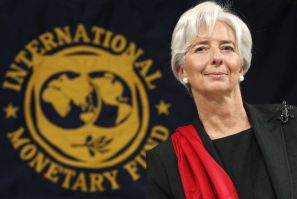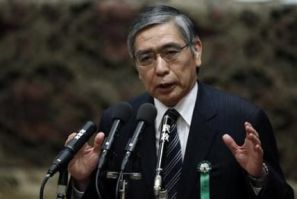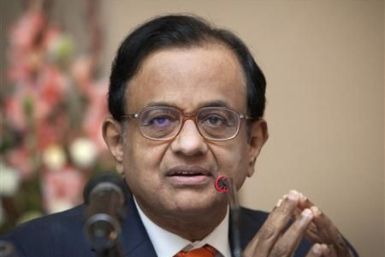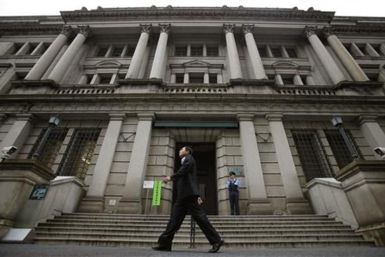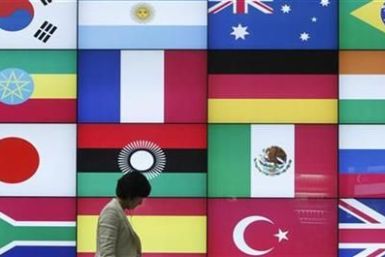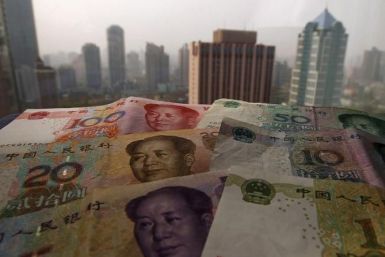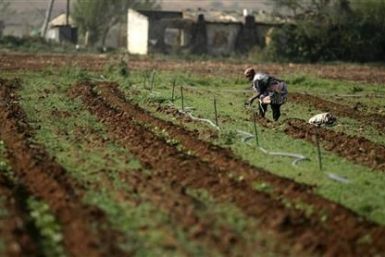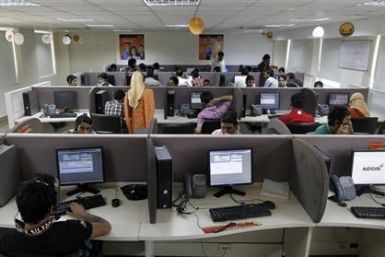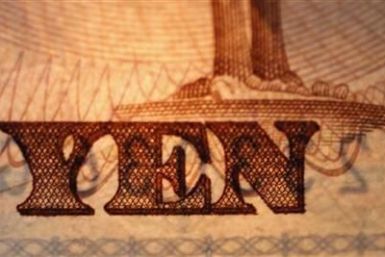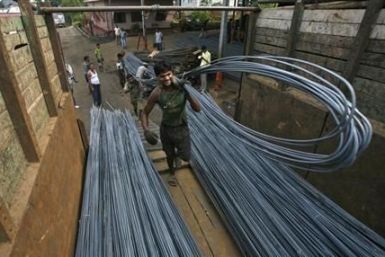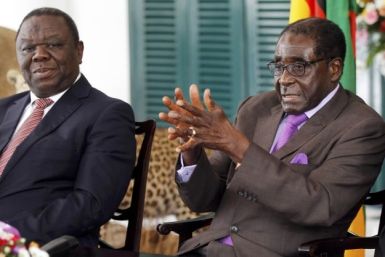Although 4Q GDP was revised higher, the economy must grow at a much stronger rate to lower the U.S.' high unemployment rate.
The one-year tax is one of the ways India aims to cut inflation, reduce the deficit and improve its credit rating.
Foreign workers and immigrants now account for more than one-third (33.6 percent) of the nation's workforce.
This week's highlights: FOMC and MPC minutes, Italy elections and the appointment of a new BoJ governor.
A two-day G-20 meeting in Moscow ended on Saturday with members promising to refrain from competitive currency devaluation.
The Dow has vectored toward 14,000, but investors in U.S. stocks would be wise to keep one eye on Washington and one on the price of oil.
Japan’s industrial output rose 2.4 percent in December, but less than the initial estimate of 2.5 percent.
Central banks are now buying more gold than ETF investors -- a very startling result. Will the trend continue?
In 1974 the federal minimum wage was $2 an hour ($9.31 in 2012 dollars), higher than the current rate.
India’s headline inflation declined sharply to 6.62% in January from 7.18 percent in December – its slowest pace in three years.
Foreign-exchange traders will be closely watching the G20 meeting in Russia. Currency manipulation will likely dominate the discussions.
India's industrial output dropped unexpectedly by 0.6 percent in December from a year ago, due to a sharp decline in manufacturing activity, while India's annual consumer price inflation accelerated to 10.79 percent in January.
Concerns about the sustainability of China's recovery lessened Friday after officials released January's economic data.
The EIU just released its 2013 list of the world's most expensive cities and, while no U.S. city cracked the top 20, Caracas made the top 10.
Some farmers groups warn the pay hikes may lead to significant job cuts in the agriculture sector.
India's service sector continued to expand in January due to rapid and steady growth in new export orders.
The country’s monetary base advanced 10.9 percent in January from an 11.8 percent rise in December.
Having just weathered a blizzard of economic reports, investors and traders can look ahead to a fairly light calendar next week.
Recent economic indicators prompt the question: Is the recovery for real? One economist says the results are mixed, at this stage.
India’s manufacturing sector expanded at a slower rate to a three month low in January, as volume of new export orders eased from the previous month.
Zimbabwe's Finance Minister said Wednesday the country cash was almost fully depleted after paying public salaries last Thursday.
This week the focus will be on U.S. non-farm payrolls, ISM data, FOMC decision and January vehicle sales.




